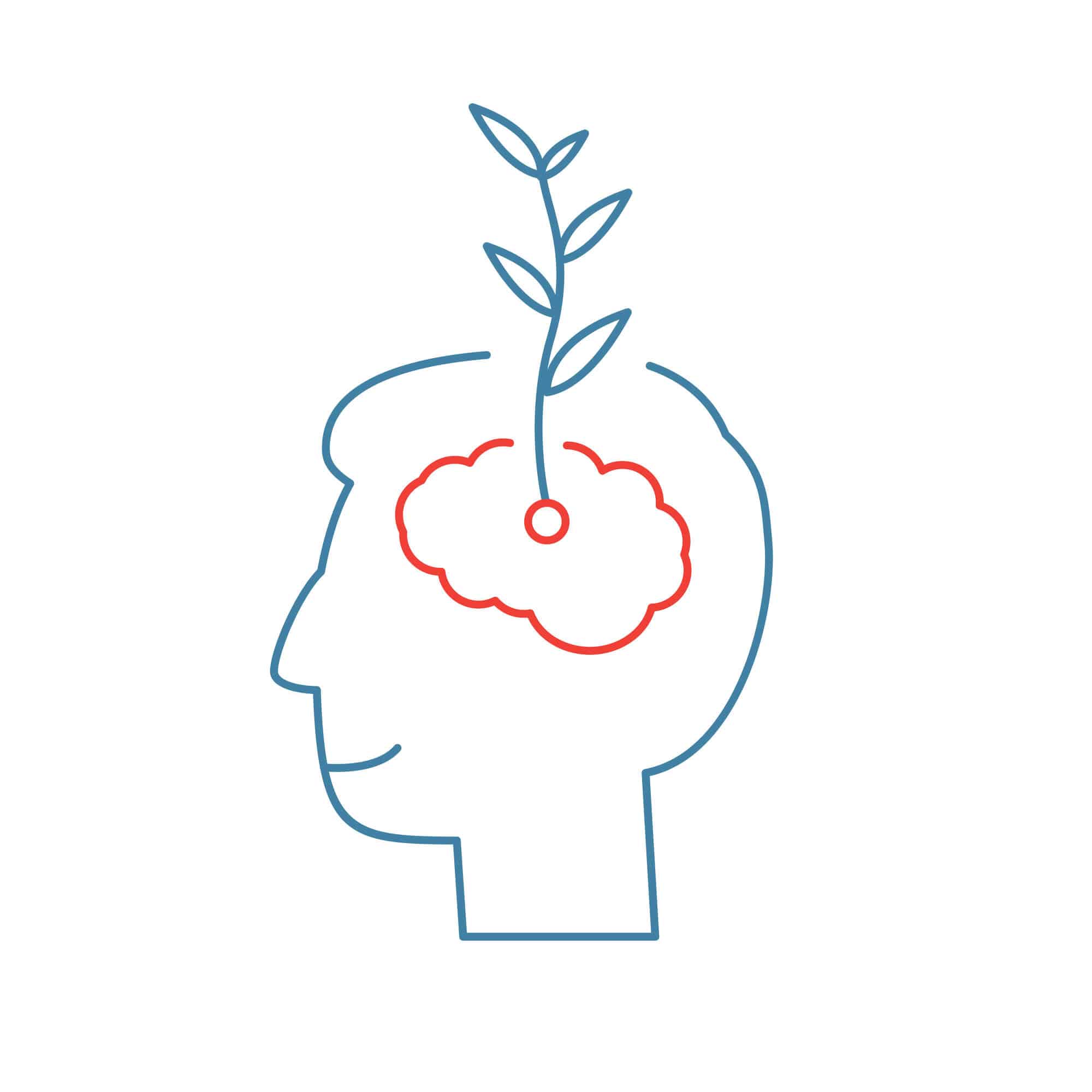There was an article that did some rounds in November 2017 on Medium entitled “Coders Should Fear What Happened To Writers.”
If you're short of time, the TL;DR is that the author believes the market for software developers is getting tough at the bottom — that only those in top coding jobs are rewarded well, and the rest are left to fight it out at the bottom for next to no pay. The author compares the industry to the writing industry, and describes how they have seen the same problems there, too.
While I was reading the article, I couldn't help but feel deflated. The author’s outlook on life seemed rather bleak, and I couldn't help but feel for them, as they'd clearly tried hard. Yet, I also felt a hint of frustration, almost like the author missed the mark for me. It seems they had resigned themselves to a defeatist perception.
I didn’t intend to write a response because I couldn't see what value I could add to the conversation. At the same time, I felt unsettled that these strong, negative opinions are out there in the industry. I became too unsettled not to respond.
I'm not particularly interested in debating whether the industry is or isn't as the author describes. In fact, they are likely correct about the state of the industry. But instead of simply accepting that fact, let us talk about what we can do about it. Let's take action; let's make the decision to thrive. What the author is missing is a Stoic outlook and some proactive strategies.
Enter: Stoicism
I'm a big fan of Stoicism. I even keep a small copy of the meditations (maybe the most popular stoic book) in my bag, alongside my journal and a pen. Whenever I feel unsettled or pessimistic, I read through some passages for an ancient-Roman-style kick in the butt. That puts me back in the right mental gear.
For those not familiar, Stoicism was a popular school of thought in ancient Greece and Rome. Stoics were philosophers renowned for their (surprise!) stoic outlook. In modern times, the phrase stoic is often perceived as stone-faced, cold, or unemotional. But these meanings are not the origin of the word. It really means: strength, perseverance, and mental toughness.
The Stoics were famous for being masters of perception. They accepted that life is the reality that we choose and that the only harm that can come in life is when we choose to be harmed. As the Stoics would say, in life, there are two things: the event itself and our perception of it. One of the more famous quotes by the Stoic Seneca is this:
“Our actions may be impeded, but there can be no impeding our intentions or dispositions. Because we can accommodate and adapt. The mind adapts and converts to its own purposes the obstacle to our acting. The impediment to action advances action. What stands in the way becomes the way.”
In other words, we should take an obstacle and make it an opportunity. I would like to do the same with this prior article — to go through piece by piece, quoting text from the original article at the beginning of each section, identifying obstacles that the author perceives, and then discussing practical ways you can flip these obstacles into a strategic advantage in your career as a programmer.
Holding Your Ground
Quote from original medium article:
“I’ve had two careers. I’ve been a developer, which has frankly paid most of the bills. And I’ve been a writer, which I’ve done mainly because I like it. It’s hard to admit this, but yes, I’d rather be a writer.”
Seneca, a famous Stoic, begins one of his letters: “A plant that is frequently moved, never grows strong.” This is to say that there is great virtue in holding one’s ground. Seneca acknowledges the desire to go from place to place, or from book to book, but he warns of the grave danger of doing so.
It's almost as if Seneca predicted the modern world of social media, where we bounce from article to article, idea to idea, while having a crisis of focus. But it is a trap to flirt between different books, or different industries, as we struggle to go deep enough on any.
One of my favorite books of all time is Key Person Of Influence by Daniel Priestley. Priestley outlines five steps to becoming a highly respected and well-paid person in an industry. Priestley wraps up his book with a chapter called “Making It Happen,” in which he discusses the temptation to flirt between two industries. He argues that if you continue to chase the new thing, you'll ultimately never become a key person of influence in any industry. You have to commit to a single industry that you love and keep taking steps closer to its inner circle.
Preparing for the Worst
Quote from original medium article:
“A lot of my writer friends just got laid off. I can’t think of any writers I know who have never been laid off.”
The Stoics had a practice of preparing for the worst. The aforementioned meditations start with the following quote: “When you wake up in the morning, tell yourself: The people I will deal with today will be meddling, ungrateful, arrogant, dishonest, jealous and surly.”
The purpose of this exercise is preparation. A lot of our unhappiness in life stems from our expectations. The Stoics were of the opinion that if you predict and ready your mind for the worst, you'll always be prepared.
By taking this Stoic idea, we can ensure that each day we're preparing for the worst eventualities, such as getting laid off. Ultimately, we're not in control of what our employers or the markets do. That leaves us with only the things that are in our control, which means ensuring that we're always building a portfolio of relevant skills that are aligned with the market.
A great way of preparing is by writing online or contributing to open source while you're in a full-time job. You should also ensure that your CV or portfolio site is up to date. Getting laid off shouldn't be the first time that we think about finding a new job; we should constantly be assessing our value in the market and ensure that it's trending up.
A great metric to ensure that you're increasing in value is to assess the professional assets you own. Most people consider just the years of experience on their CV as an asset, but there are many more assets you can acquire.
Online posts, recommendations on LinkedIn, certifications, your reputation, any videos you post, and open source contributions are all assets, and they can be “working for you” while you're working. Focusing on increasing asset value is a great way to ensure you stay relevant in the market, so if the worst does happen, you're prepared.
The Zero-Sum Game
Quote from original medium article:
“I felt I saw the future, tech becoming like writing. The few highly paid coders at Google, Facebook, or Twitter. And then the rest of us not making much.”
The Stoics knew that our perception over events was one of the greatest virtues we can develop and that we should spend our time tending to our own affairs, being wary of spending too much time watching others. Marcus Aurelius makes many references to the control of perception within the meditations: “Don’t waste the rest of your time here worrying about other people — unless it affects the common good. It will keep you from doing anything useful.”.
Instead, we can choose not to try and compete directly with others in the industry but to do our own thing and create our own value, or what marketers call creating a blue ocean — positioning ourselves in our own unique way and not resigning ourselves to try and compete with the masses.
In Linchpin, author Seth Godin begins a chapter titled “Limited or Unlimited” with: “You can see your marketplace as being limited, a zero-sum game, a place where in order for one person to win, another must lose. Or you can see it as unlimited. A place where talent creates growth and the market increases in size.” Godin, like the Stoics, understands how strong the power of perception is over how we choose to spend our time and energy.
What Godin is alluding to is that the best programmers make jobs for themselves. They know that the world is going to automate them out of a job, so instead, they invest in their ability to understand the businesses they work in and the problems they are solving. And by automating themselves into a job, they create blue oceans.
Throughout Linchpin, Godin talks about a comparison of mindsets between two types of employees: those who see themselves as what Godin calls “factory workers” and those who are linchpins. During the industrial era, says Godin, you were paid to turn up, do as you were told, and then go home. But as technology has increased, all of the easy jobs are gone. The author even makes note of this in the original Medium article:
“But eventually only the hardest stuff isn’t automated or outsourced. And if you’re not a genius, you hit the ceiling of your abilities.”
By “hardest,” the author possibly meant least creative. Computers are incredible at handling large volumes of data. They are not yet able to compete with the creative abilities of the individual.
And that is where we need to focus. A computer can't tell you what feature to build next — that's a decision to be made by humans. It's not something that can be outsourced, either. It requires a deep understanding of the product and the market in which it is being launched.
We can become a linchpin by understanding how to implement lean methodologies that put the user first and create features efficiently. We can also encourage techniques like A/B testing, or facilitating and running a design sprint.
These skills help us not to be a reactive “factory worker,” but instead, proactively help the business to find out what’s valuable and then deliver it. This mindset means we’re constantly driving our employer’s business forward and creating the revenue needed to justify our salary and ensure we’re always in employment.
Making the Decision to Not “Go the Way of the Writer”
The greatest asset you can invest in is yourself and your mindset. You can start by cultivating a stoic and resilient mindset that will serve you well throughout your career. Choosing to focus on what is in your control, preparing for the worst, and looking for opportunity in the obstacles of life are all effective ways to invest in yourself.
Having a remarkable career is not easy. We have two choices: give in and concede to the market and claim there is little we can do, or fight for our position, stay dedicated and committed, and become a key person of influence or a linchpin.
The Stoics remind us that mindset is a choice, that we choose our reality. I know which mindset I will choose, but the mindset you choose, well, that one is up to you — so choose wisely.



